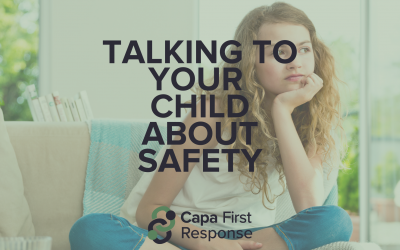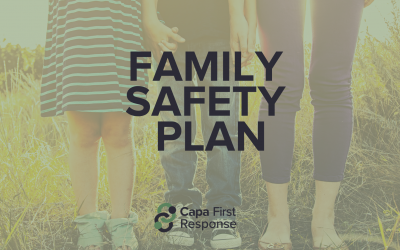CAPA FIRST RESPONSE CIC LAUNCHES GROUNDBREAKING PODCAST TO RAISE AWARENESS ON CHILDREN AND ADOLESCENTS’ HARMFUL BEHAVIOUR TOWARDS PARENTS/CARERS
Capa First Response CIC is proud to announce the launch of their eye opening new podcast, aimed at shedding light on a critical issue affecting families and professionals alike: harmful and aggressive behaviour exhibited by children and adolescents towards their parents or caregivers.

Titled “The CAPA Podcast – Understanding Child Against Parent Aggression” the podcast invites listeners to join the engaging discussions led by three experts in this area. You’ll hear Capa First Response CIC’s founder, Jane, alongside Senior Practitioner Matt and esteemed patron, Helen Bonnick, author of the book Child to Parent Violence and Abuse: A Practitioner’s Guide to Working with Families.
In each episode Jane, Matt, and Helen dive into various aspects of CAPA, covering topics such as school refusal, sibling dynamics, and neurodiversity with empathy and expertise. By sharing their experiences and insights, they aim to provide invaluable support and guidance to families navigating these challenges, as well as professionals working in the field.


